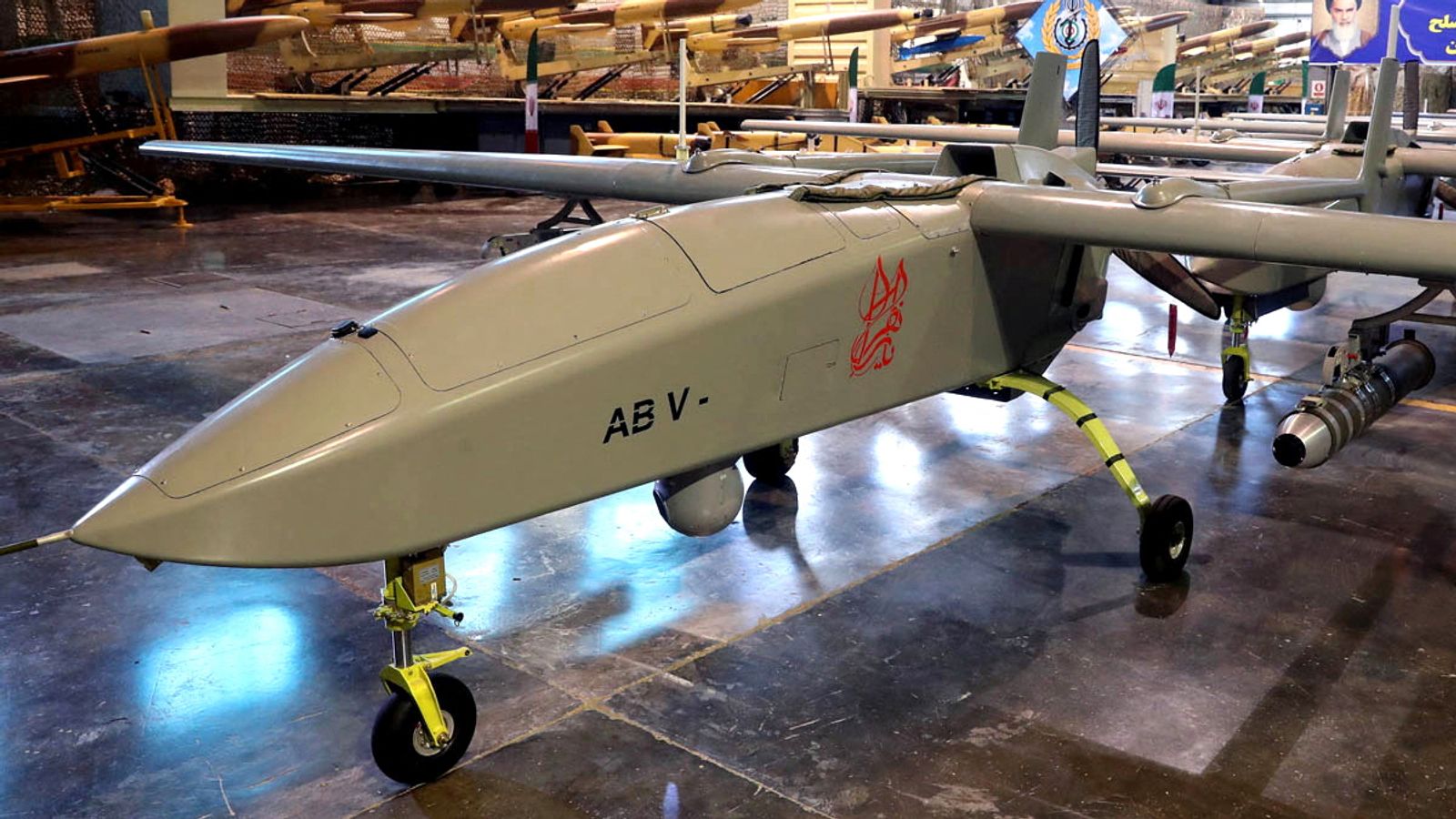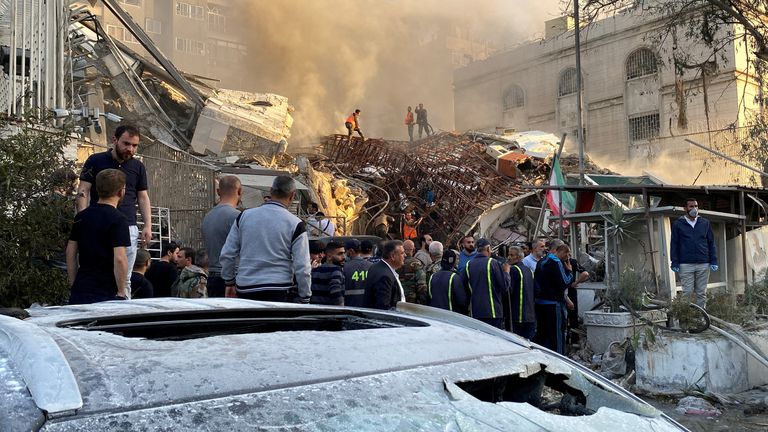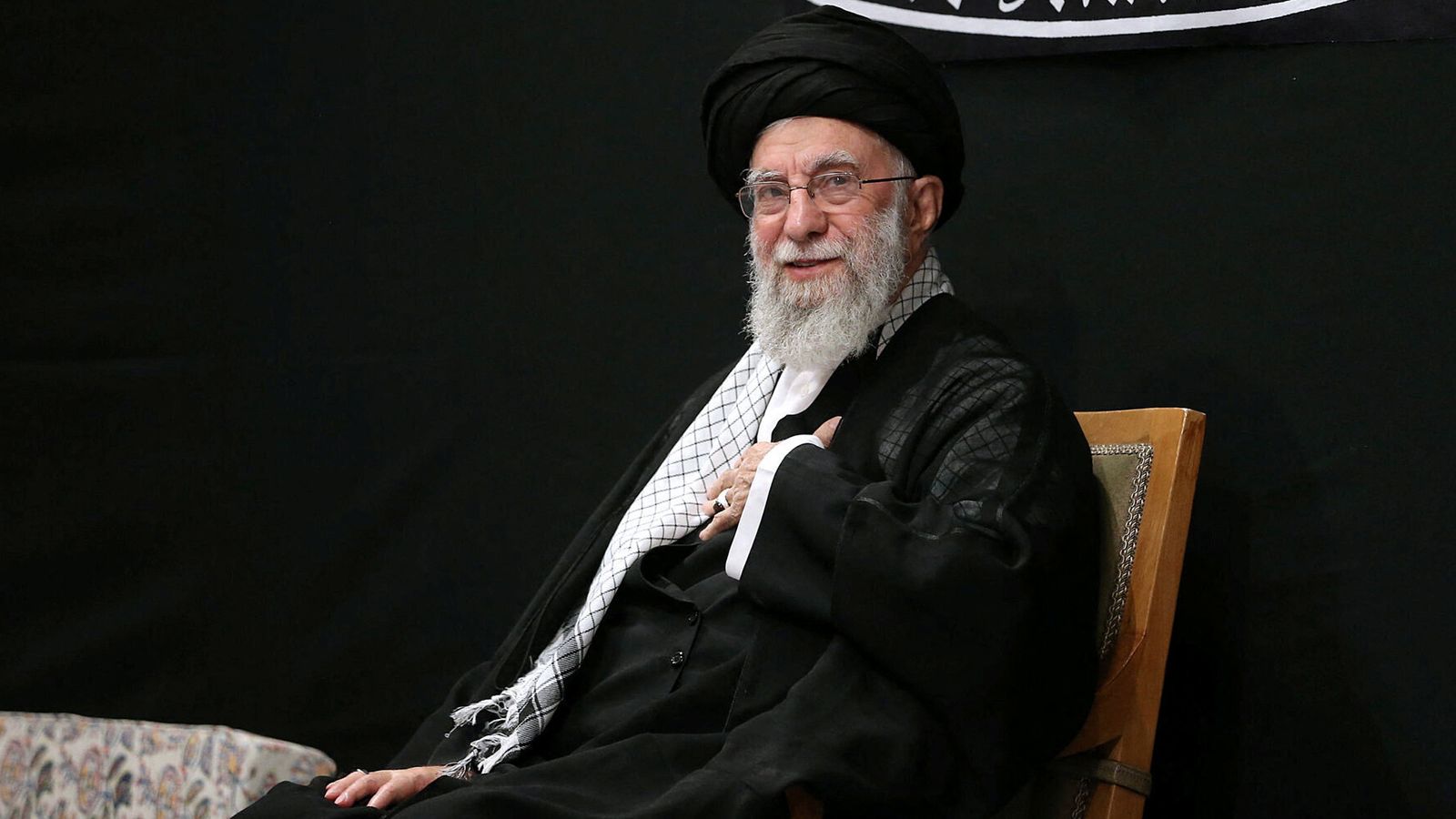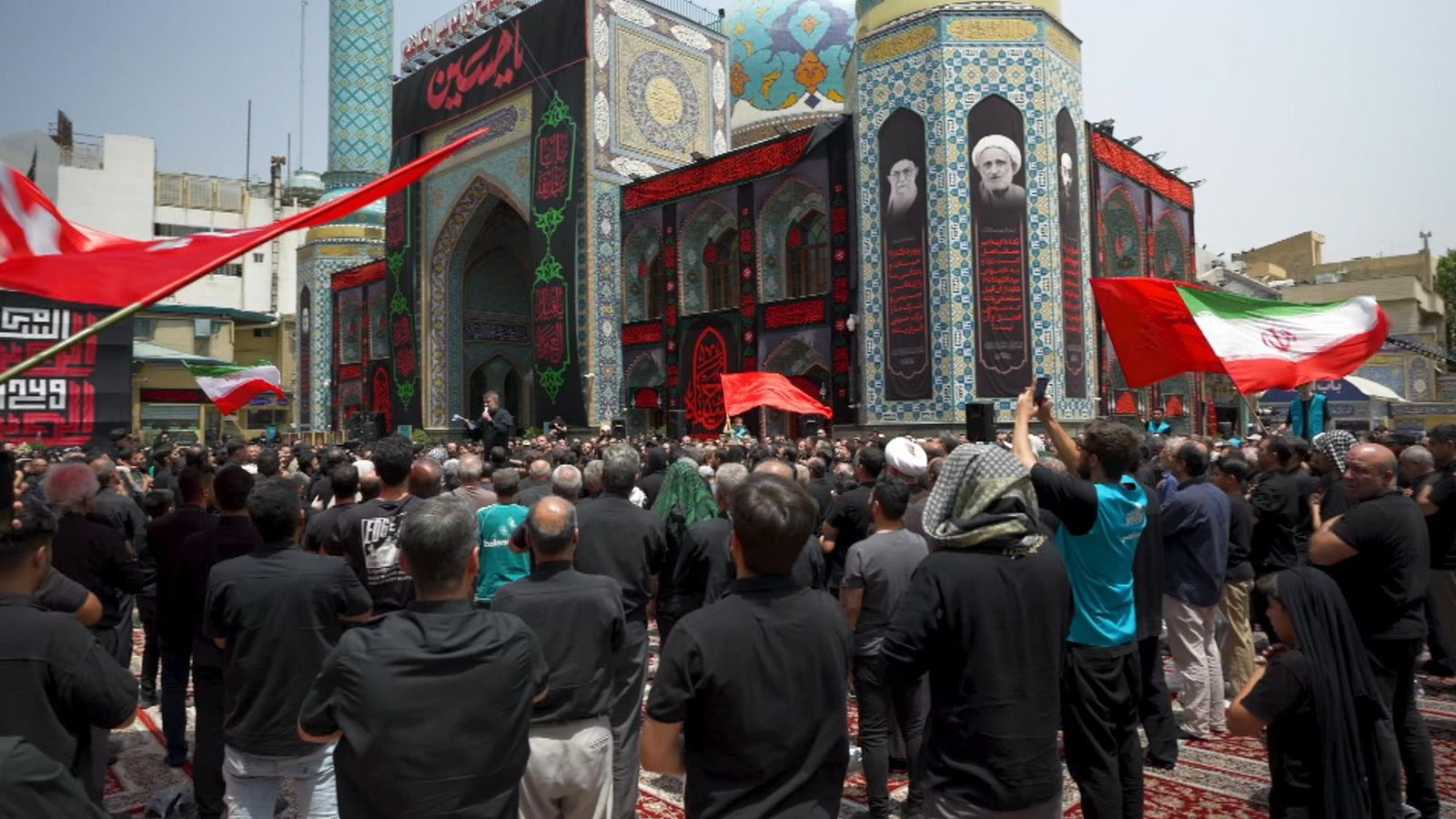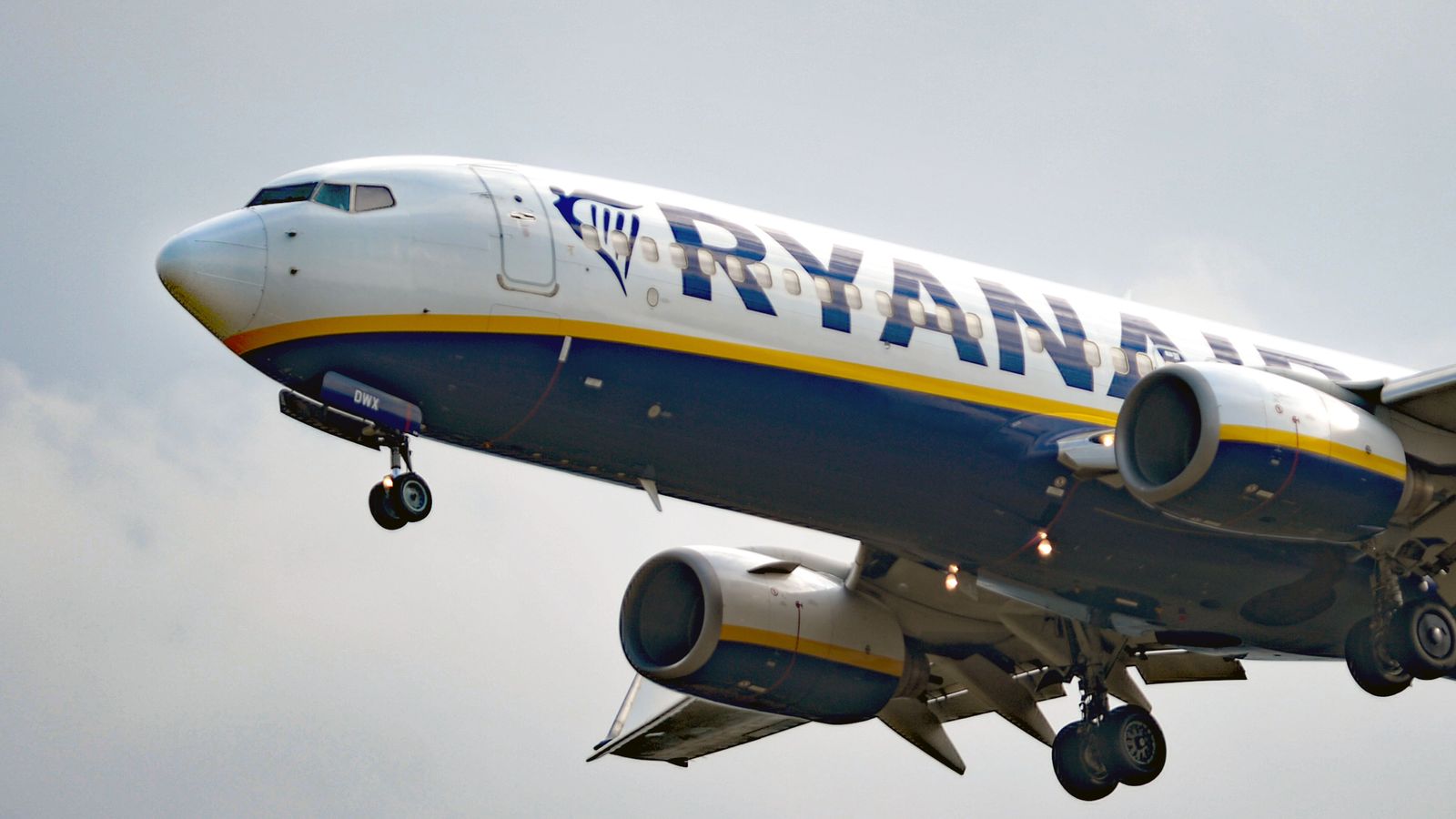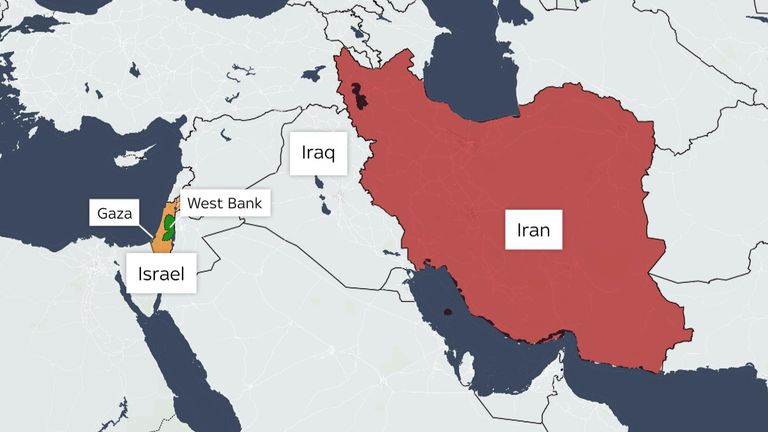
There have been several moments in the last six months when the feeling of acute geopolitical anxiety from the Middle East could be felt in Washington DC.
In the hours after the Hamas attacks of 7 October there was a profound sense of “what now?”
Since then, there have been a few anxious inflection points.
Follow live: Iran attack
But without question this moment – right now – is the most dangerous yet, by a long way.
A direct attack by Iran against Israel is unprecedented.
Even if the drones are intercepted, even if casualty numbers are low or zero, Israelis will feel profoundly vulnerable and the Israeli government will feel compelled to retaliate.
The use of cruise missiles – if confirmed – would change the dynamic further still.
Even if Iran has calculated a “maximum show/minimum impact” strategy – most likely to be achieved by using drones – the chance of miscalculation is huge.
The kamikaze drones are expected to take about nine hours to reach Israel. They are flying low to avoid radar, making them harder to intercept.
By choosing drones, Iran is repeating a tested method of attack.
A swarm of kamikaze drones hit Saudi oil plants in 2019, killing no one but costing the Saudi oil trade millions. Today’s drones will be more sophisticated.
There is a deep psychological aspect to all this too. People across Israel will not sleep tonight, knowing that drones are already in the air, heading their way.
Ever since Israel made the covert decision to take out two Iranian generals inside the Iranian consulate in Damascus, Syria, 13 days ago, they knew it would provoke a response.
Iran said its reply would be “calibrated”. That was interpreted as “limited” so as not to spark a massive Israeli response and regional war.
With an attack now under way, that assessment may have been very naive.
President Biden is in the White House right now, back from his weekend retreat a day early. As American President, the ability to control this – to limit the spiral – should rest with him.
It’s a huge test for the leader of the free world who, hitherto, has been shown to have limited leverage in the regional crisis.

